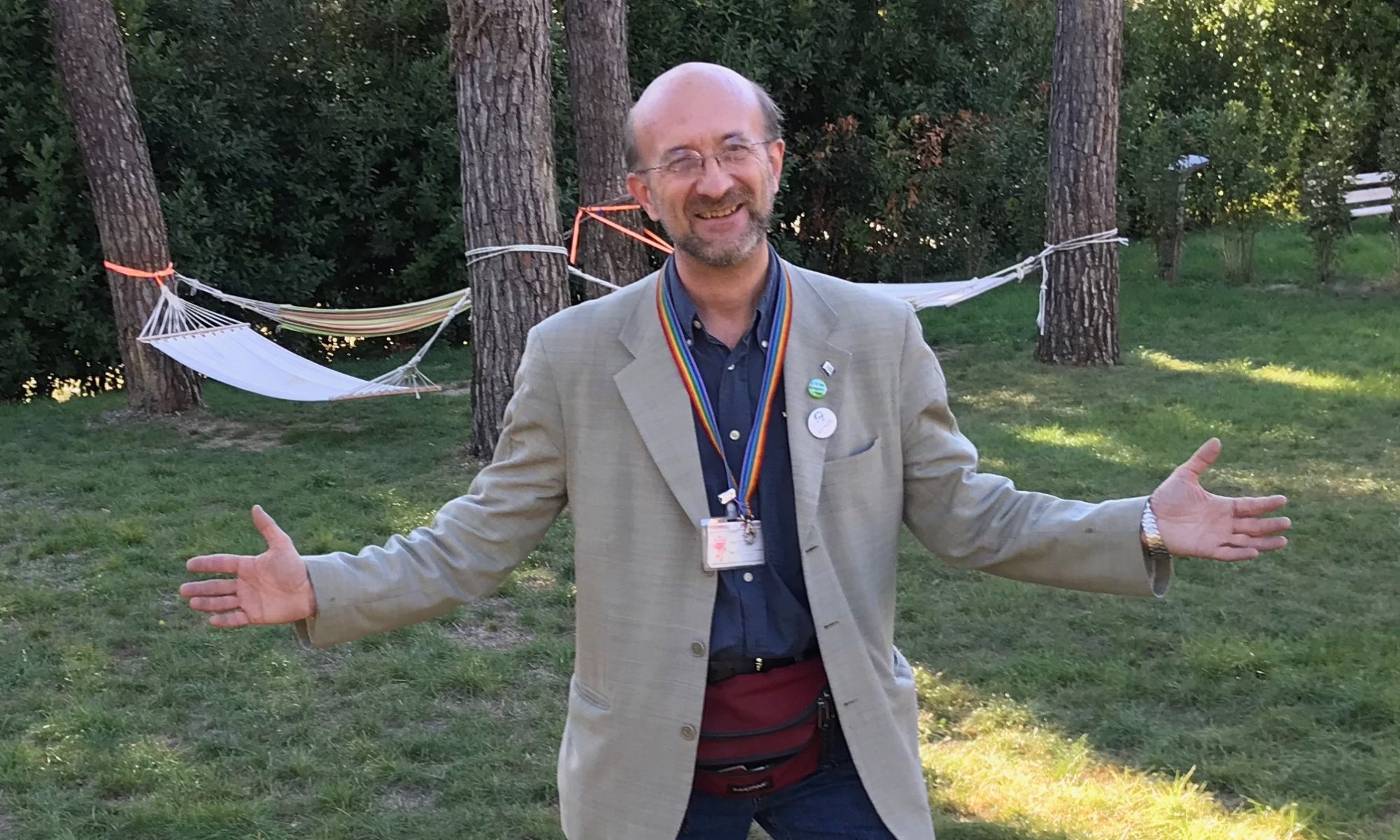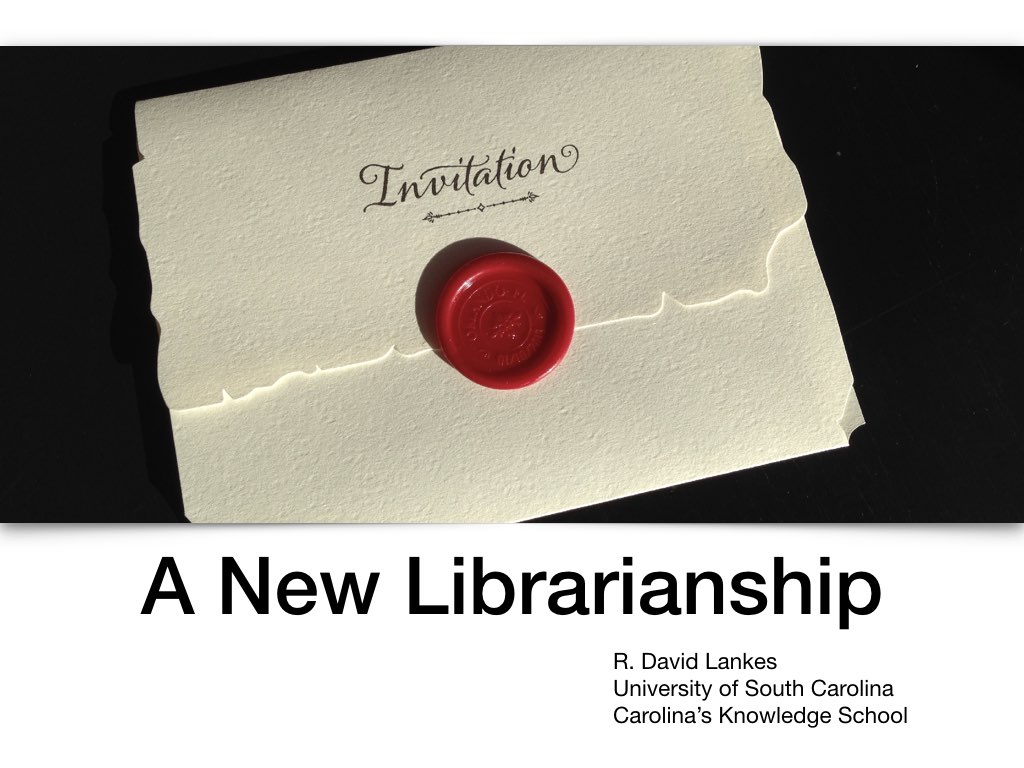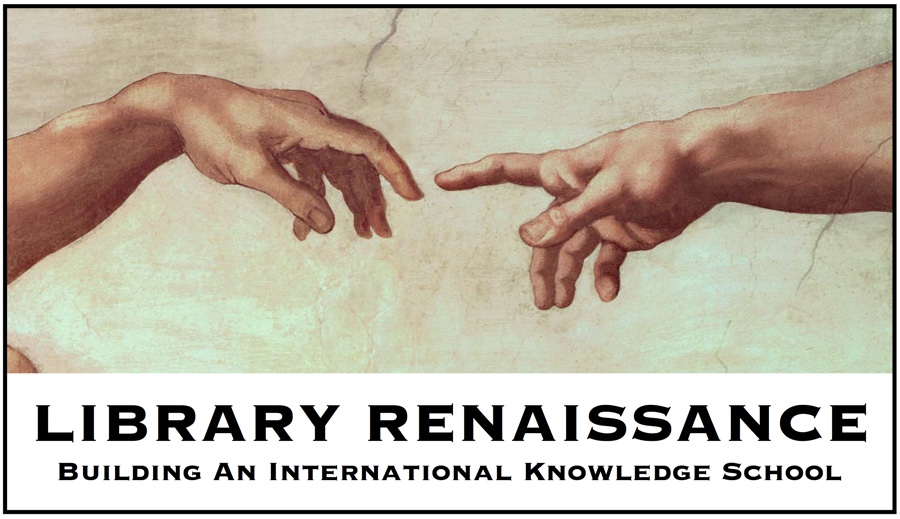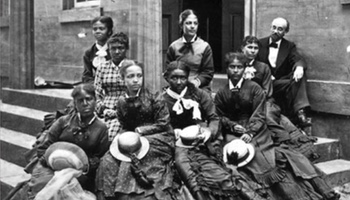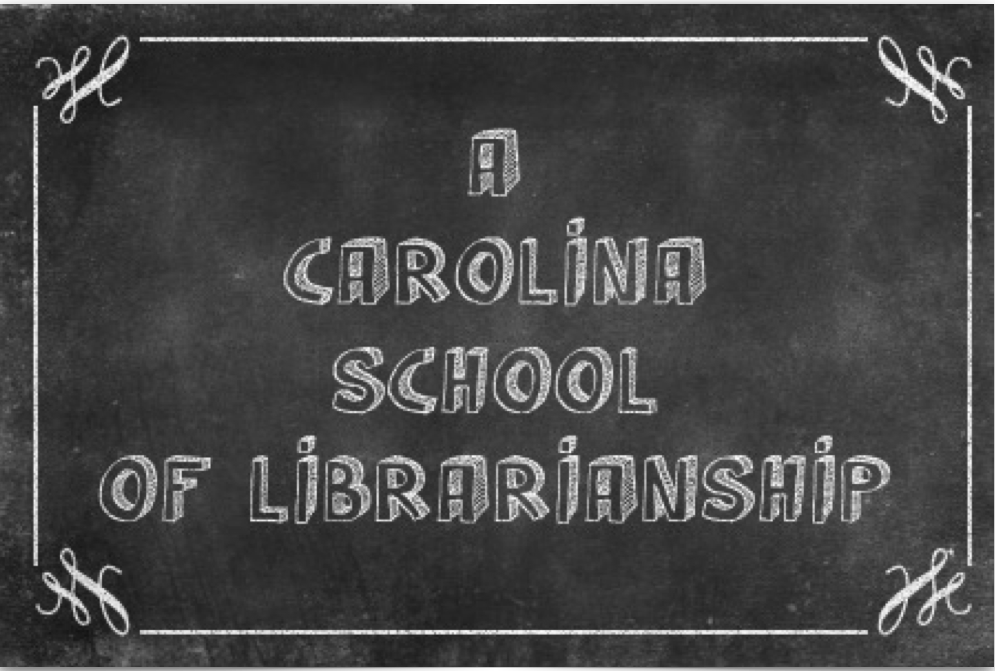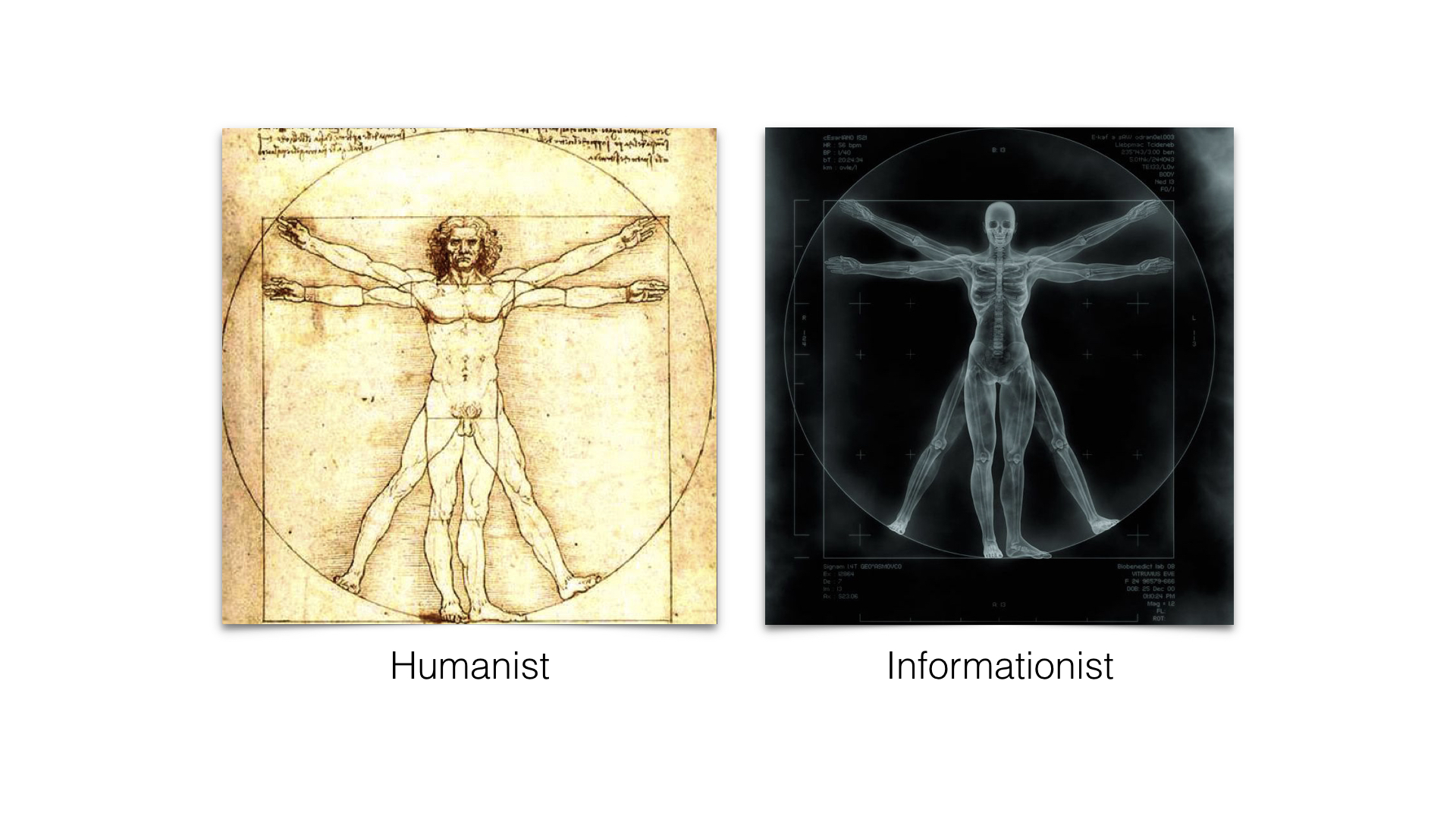“The Library: The System of Systems” Community and Knowledge: Participatory Strategies to Promote Change. Perugia, Italy.
Slides: Slides in PDF
Speech Text: Read Speaker Script
Audio:
[This is an edited version of the script I used for my talk. However, it is not a word for word transcript.]
I do not normally speak from a script, but these are important topics and it is worth taking care to ensure language issues do not get in the way of a vital conversation. It also useful for jetlag.
I have taken to summing up my presentations in a tweet in case a certain US President is listening in. Here is my tweet for this one:
Librarians transform communities by weaving together the brilliance of its people. The result is called a library.
Let me begin with thanking the conference organizers for having me. I have fallen in love with Italy. This is my first visit to Umbria, and any chance I get to explore more of this wonderful country is most appreciated.
Part of the reason I love my time in Italy is well represented in today’s agenda. Culture, health, innovation, economic development – you see these forces in work in the streets of Italy’s cities, both new and ancient. Within minutes I can walk from 15th century reading rooms to water-cooled data centers. On trains, I watch the country side flash by olive groves and super-car manufacturing. It is a nation in constant evolution, where history and future are always in conversation.
As a visitor, a tourist really, I can’t begin to fully appreciate the daily fabric of your lives, but I believe I can offer something unique – a fresh perspective. New eyes on your communities and a background in how other cultures and countries have sought to use local resources to advance an agenda of growth and smarter communities.
Today I want to talk about libraries, and more importantly, librarians. I want to talk about libraries in a new way – not as institutions, or collections, but as a platform for weaving communities together, and proactively working to define and then fulfill community aspirations.
I have seen libraries serve as engines of economic development – fostering communities of entrepreneurs and small business. I have seen libraries embrace the neediest members of a community and act as a social safety net integrating the refugee, the homeless, and the poor back into a larger, kinder community. I have seen libraries serve as universities of the people, increasingly literacy rates, improving workforce development for industry, and supporting students online. I have seen libraries crack open treasure troves of cultural heritage and history to a new generation; inspiring the arts and science alike. I have seen libraries step forward and become the only truly functional local government amongst partisan bickering.
All of these libraries had something in common. First is a dedicated core of professionals that proactively engaged their communities. The second is a proactive agenda, where they worked across all sectors of a community to develop a common narrative, and a common mission for the community. All of these libraries that made a difference shared an underlying philosophy based on knowledge and people making meaning in their lives, not information, or books, or a focus on the tools of learning. Lastly, all see the library not as a place, or a collection, but as a platform – a system of systems – that knitted together community expertise. In essence, these librarians understand that the true collection of a library is the community served, not the books and tools that were used in that service.
Let me take these in turn. I begin with that dedicated core of professionals: librarians.
Too many people define a librarian as a person who works in a library. I do not. I see libraries as the things created and maintained by librarians. Now I have a very broad definition of a librarian. Librarians are defined by their mission, their methods, and their values.
The mission of librarians is to improve society through facilitating knowledge creation in their communities. It is not to house and hoard books – though they may build collections in the realization of their mission. It is not to catalog – though they certainly have skills in classification and metadata. No, the first important part of defining a library is to realize that it is not what a librarian does that defines them. Rather it is WHY they do.
What you need in your communities, your villages, your towns, your cities, is not a worker, but a missionary – literally, a person on a mission. A missionary that is focused on helping their communities make smarter decision through knowledge creation. Let me simplify that – through learning. The mission of a librarian is to help communities make smarter decisions.
And what do these librarian missionaries do? How do they facilitate learning? That is the second necessary part of defining a librarian. They facilitate learning. Not in a classroom, and not restricted to any grade level, but they help people learn. They help people learn through books and online. They facilitate learning through non-fiction and fiction. They provide the motivation, access, knowledge, and environment to members of a community that seek to make meaning of their lives and improve their station in life.
The last component to define a librarian is the values they live by in their work. Librarians facilitate learning in an open way. They seek to create safe places to explore dangerous ideas. They value and respect diversity – diversity in race, creed, and viewpoints. They believe in intellectual honesty and rationalism. They seek to support decisions with evidence.
So, the first ingredient for bringing our communities together and pushing them forward is in acknowledging that any work done by a library, or any other institution, is done by people. People with skills, but also with values and a strong social mission. The future for a prosperous, interconnected Umbria lies in seeing librarians as proactive change agents.
The second thing held in common by libraries as agents of positive change is a community-held agenda. A library, no matter how capable the librarians that run it, cannot improve a community alone. Librarians must seek to bring together communities to develop a common agenda and plan. Libraries, hospitals, town halls, police, schools, business must come together and set priorities and goals. Is your town a healthy town? An historic place? A center of business?
In Columbia South Carolina, the Richland Library took well over a year to develop their strategic plan. It took that long, because it wasn’t a conversation just of the library staff. They met with mayors, police, school teachers, and community elders. They didn’t ask what the library should do, but rather what the community as a whole wanted to accomplish. The final plan has things you might guess, ways to improve services, ways to improve the staff. However, an entire section of the plan is devoted to community goals.
The Richland Library had as part of their strategic plan:
- Help create a strong and resilient economy.
- Strengthen community cohesion.
- Transform educational outcomes for youth.
- Help break the cycle of poverty.
Note, the library wasn’t going to achieve these goals alone – they were going to do it with schools, and police, and community welfare organizations. What is the Umbria strategic plan? What is your towns?
In Topeka Kansas, the public library teamed with charities on their plans that included having all children ready for school. They put together literacy efforts, tutoring, and a host of services. When they discovered that the neediest children couldn’t physically get to the library, they worked with bus companies to provide transportation. When that wasn’t enough they trained first their own librarians, and then a host of community volunteers to leave the library and go into the homes of families.
In Cazenovia New York librarians went into food shelters to deliver services. They worked with parents to finish secondary school and get them into jobs. During the graduation ceremony of their program the director of the library, Betsy Kennedy, was giving out books to the children. When she handed a book to a small 8-year-old girl, the child began to cry. When Betsy asked what was wrong the child responded that this was the first new thing she had ever owned. What Betsy realized is that the library, teaming with the food charity had provide more than a book or education – they had provided self-worth.
That then is the second ingredient to preparing transformational libraries – libraries that can transform communities and individuals – is a proactive agenda. More than just an agenda, it is a plan based on the aspirations and dreams of your community. Stop focusing on the deficits of your communities. Stop defining people by their short comings and needs, and start seeing communities as dreams and possibilities. Betsy Kennedy didn’t go into that food shelter because people were hungry and couldn’t read. She went in because she knew that citizens who were fed and could read could be powerful contributors to society.
The third component to transformational libraries is seeing the core of librarianship as focused on knowledge, not information or books.
While not as concrete as the training of librarians, or the development of community-wide strategic plans, changing the core concepts around information is essential. How you see the foundations of your work changes what you measure, what you value, and ultimately what you do.
We see this in public health. A focus on disease when replaced by a focus on health has dramatically changed public policy. Payments for treatments become investments in wellness visits, vaccination replaces acute care, stopping people smoking becomes a priority over expanding cancer treatment programs.
The same kind of fundamental changes can be seen in education. Replacing an industrial model of standardized education gives way to experiential learning, independent education, and development of critical thinking skills.
One fundamental concept has had dramatics changes on health, education, libraries, and indeed just about every sector of the economy has been a focus on information. In political science, we no longer talk about power bases, but instead information processing. In commerce, we have shifted from marketing to data analysis. The rise of big data and analytics in all aspects of our lives has fundamentally changed how we see and interact with each other. It has led to governments seeing people as customers versus citizens. We see communities as graphs, and hope for predicative algorithms to optimize services.
To be sure information technology and information science has had amazing benefits in our lives. However, an information view has a tendency to focus on things that are quantifiable, see people only in relation to their use of systems, and flatten rich concepts of impact and meaning to simple concepts of access.
Take a simple example. Few would argue that access to the internet is increasingly important for citizens. Yet, this is often only defined as getting citizens online. We look to provide broadband and fiber connections to rural populations. In our cities, we look to smartphones and wireless networks to connect people. How many of these projects assume that access to the internet is the same as being able to improve one’s life through connection? Do citizens have the training to use the Internet? Can they create their own presence on the net? Or have we merely provided them a way to consume more information in the walled gardens of companies that make money on the privacy of our communities?
I live in a rural state. The state government has been connecting small towns, and schools throughout the countryside. The thought is that once students can access the internet they will improve their learning and prospects for the future. This connectivity has been met with a push for moving government services online. This includes providing text books and learning materials. Many students are now required to do school work online. However, too many students don’t have access at home. So now some school districts are transforming school busses to mobile hotspots so that students can do their work on the bus. A bus ride that in some cases takes hours to get the child from home to school and back again.
This student has access now. But has the government improved the opportunities for that child? Has that child been trained in using the internet to not only study, but create and communicate? Has that child been informed that access on smartphones and tablets, the technologies deployed in these schools, can’t be used to create new apps and software? Has anyone taken into account that we are training students to give up socialization for consuming things online, and not preparing them to be authors of their own futures?
This same belief that access is impact and that learning is the same as “informing,” will hold back your libraries from realizing the true potential of their communities. If you are satisfied that your libraries give access to books and documents from others, then you are limiting their potential. Libraries are about knowledge – not information. They are about creation and engagement, not consumption and distribution.
If you want your libraries to be agents of positive transformation in Umbria they need to be populated not just with books, but with musical instruments, classes, tools, and tools for creation. The world of tomorrow belongs to the economy that creates and invents, not consumes and repackages. Tomorrow’s Apples, and Googles, and Amazons will come from the minds of creative learner, not the informed consumer.
We are human, and so we find our meaning and place in this world through knowledge and learning. That learning happens in engaged conversations with our peers, experts, but most importantly, with ourselves. If you want a heathier community you invest in building peer pressure around healthy habits. Having a spouse who doesn’t smoke is infinitely more effective than a poster or brochure on the dangers of tobacco. Your libraries in hospitals, in government, in the public, in universities, must be focused on connection development over collection development.
On my first trip to Italy, a librarian told me the differences between public libraries in the US versus in Italy. In the US, he said, you collect cook books. In Italy, your mother teaches you how to cook. Then, I say, make your mother part of the library. In Pistoia, the library is filled not just with books, but with community members sharing what they know. You can read a book, but you can also sit down with a blacksmith. In libraries across Europe you can check out books, and engineers, and bankers, and professors.
Our 3rd ingredient for transformational libraries is then an attitude. It is a worldview that says we will use information as tools to our real aim – a better life. We will never mistake data analysis for insight, or books for knowledge. Knowledge and learning, are passionate human things. The Renaissance centuries ago was about the birth of humanism and the power of the individual in the universe. Let us not make our legacy the replacing of the human with the algorithm or the decimal point. Data science is a set of amazingly powerful tools, as are books, but they are still jut tools to our ultimate goal, not a replacement.
And so, we come to our last ingredient. This one is really the result of the first 3. It is building and running a library as a platform: a system of systems.
Many think of the library as a single function: collection building. However, libraries have always been a set of function. Even in the most traditional view of libraries they collected, organized, circulated, and found materials. However, these functions rarely made their appearance outside of a single place or organization. What transformational libraries see is that a library is a platform, a system of systems, for the community to determine their own outcomes and do their own work.
Librarians, and the libraries they build and maintain, collect. They aggregate money from taxes, or tuition, or overhead, and purchase shared resources. Those can be books, but in Ann Arbor Michigan it is musical instruments that citizens can use to learn and produce their own music. Libraries can lease databases, or pool real-estate and provide entrepreneurs with co-working space. Libraries can collect the writing of the community and publish them to the world.
Libraries organize materials, but they can also organize events, workshops, professional development, and whole curricula.
Libraries circulate fishing rods to sportsmen to support local economies. Libraries provide massive bandwidth to software engineers that want to telecommute to work.
Libraries have partnered with local news outlets to create archives, and organize citizen journalists. They have also used their organizational skills to coordinate teams of citizen scientists in genetics and zoological research.
Transformational libraries take millennia of skills and experience and now provide those as services to the whole community. They team with hospitals to create community health answering services. They team with emergency management to provide trusted and safe places in times of tragedy. They do these things because they are based on core skills of librarianship and, as important, because it is part of their mission.
At this point let me make one thing clear. I have been using examples from the United States. However, I could easily pull examples from throughout Europe to Africa, to Asia. I could talk about the Frysk Lab in the Netherlands bringing coding and making skills to students in rural schools. Or I could talk about community outreach in Liverpool or Cologne, as I have done in Pistoia.
So, there are my four ingredients to transformational libraries:
• A dedicated core of professionals
• A proactive agenda of community improvement
• A foundation in learning and knowledge
• A view of a library as a platform.
But what is missing is the big question. Why a library in the first place? Couldn’t a school play this role? Don’t many of the ministries represented here today already serve these roles? The answer is that schools and ministries, and business, and churches, and charities all play an important role in the vision of the engaged community. However, in many places the library is the last institution that stretches to all boundaries of a community.
Public libraries stretch from early literacy activities to end of life decisions. Academic libraries serve classics departments and physics programs. What’s more, libraries are the institutions that interact with these diverse communities in knowledge. Police certainly serve the whole community and seek to improve society, but it’s not necessarily where we want our teenagers hanging out. Likewise, our schools are for children, our universities for scholars. Libraries connect them all. They provide the last piazza, community square. Libraries can be the place that connects ministries and schools, and commerce, and faith systems together to people seeking to make meaning in their lives.
In his excellent book Sapiens historian Yuval Harari talks about the origins of the scientific revolution and the ascendency of western Europe in global history. He points out that the key to moving forward was actually a wide-scale acceptance of ignorance. Up until the renaissance, and later the Enlightenment, there was a common belief that all that needed to be known was known. If it wasn’t in a holy text, or understood by an elder, then it didn’t matter. This led to a wide scale belief that the best of days was actually behind us.
This idea was brought home to me as I toured the Roman ruins of Rome. Here were people during the so-called dark ages living literally in the shadow of former accomplishment. Harari says that until society accepted that there were things that were not known, and more importantly, that learning these things could benefit society. Cells, atoms, planetary systems, gravity, algebra were not in the bible, but could advance man’s understanding of the universe. Medicine, electronics, industry came when we saw the past not as a place for emulation or lost greatness, but as a foundation to move forward. To be sure the results are not always good or humane or equitable. But it has engendered within our cultures an optimism and aspiration.
I am asking you to unleash your libraries and librarians. I am asking you to both equip and obligate librarians with living up to their full potential. Free the librarians from the stacks, Set them loose throughout Umbria with a mission to connect our communities and institutions. Set them on the path of uncovering the aspirations of every citizen and refugee and connecting those to your resources and capabilities. Tell librarians you want your libraries filled with students, and blacksmiths, and entrepreneurs, and doctors, and teachers not to consume, but to invent the future of the state, the country, the continent, and indeed the world.
Thank you.

